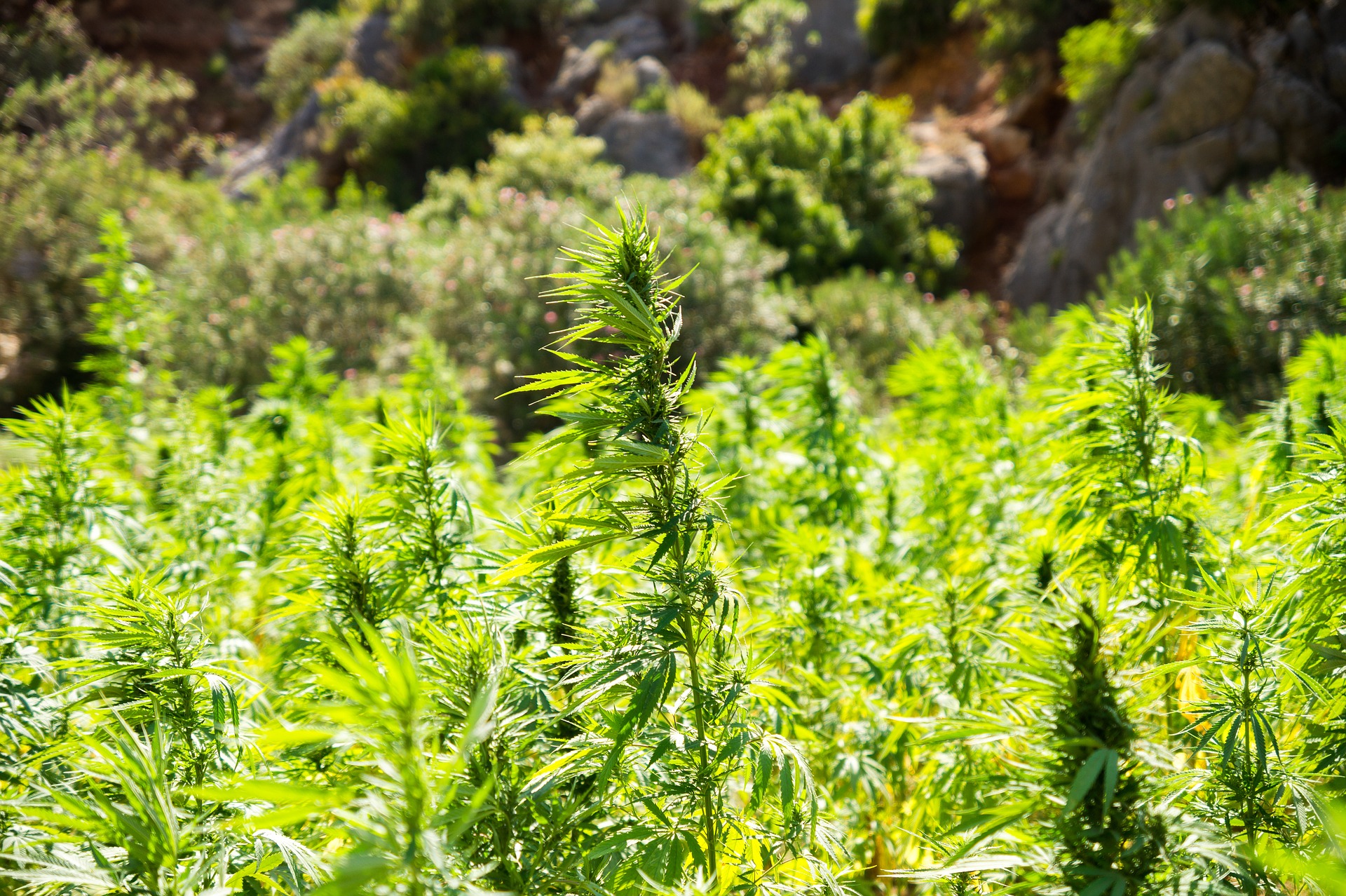In this article, Growers Network discusses the US Farm Bill and what it could mean for the US hemp industry.

Congress has reached an “agreement in principle” on the 2018 farm bill. While the bill must receive final approval by the Congressional Budget Office, it appears that hemp is about to be grown legally in the US for the first time since it was banned via the Marihuana[sic] Tax Act of 1937. If the updated farm bill passes as it stands, there will be major implications for US markets.

The Farm Bill
Since it was first implemented during the Great Depression, the US farm bill has been a safety net for farmers and other agricultural professionals, protecting them from fluctuations in supply and demand of their goods with both subsidies and insurance. The farm bill is an omnibus bill, meaning it contains a variety of provisions that can be passed with a single congressional vote rather than a separate vote for each item. Additionally, the bill includes a built-in provision that it must be updated every five years to keep up with industry changes.
Hemp legalization has a seemingly odd ally in KY senator Mitch McConnell, whose home state has been growing research hemp since he introduced State Bill 50 in 2013. A year later McConnell also added a provision to the 2014 farm bill, allowing for hemp grown as part of sanctioned collegiate and medical research programs. While McConnell maintains his anti-cannabis stance, he recognizes the chemical distinction between hemp and cannabis; more importantly he recognizes hemp’s economic value. Hemp, as you probably know, contains only trace amounts of the psychoactive cannabinoid THC (0.3%), but can contain high amounts of CBD, another cannabinoid shown to be effective for treating the symptoms of a variety of health conditions from anxiety to seizures. While some CBD products are available legally in the US since being reclassified by the DEA, currently hemp and its derivatives must be sourced from outside the US. This of course will change as the 2018 farm bill approaches congressional approval, setting the stage for major market impact.

The Hemp Market
In addition to the value of cultivating hemp itself, there is major growth potential for the CBD market. Currently, the CBD market is projected to surpass the marijuana market and reach a value of $22 billion dollars by 2022. This is great news for investors as hemp and CBD companies are positioned to thrive in the newly legal market, with established companies and startups raising money for US IPO offerings.
Projections for the future of the hemp market are generally positive as demand for hemp products continues to increase, though some reports suggest hemp cultivation is only slightly more profitable than other row crops, creating little incentive for established farmers to transition to hemp or for new farmer to simply farm it. Don’t be discouraged, however. In 2016, retail sales of hemp products neared $700 million, so it’s likely that we’ll see an increase vertically integrated hemp businesses, with growing, processing, product packaging, and distribution all done in-house. This is similar to what’s been happening within the legalized cannabis industry with growers processing their own extracts, and in many cases selling them in their own dispensaries. So if you feel like you missed your chance to invest in legal cannabis, the CBD market is expected to boom, with additional markets opening up to new hemp products. You can see our partial product list below.
Modern Uses for Hemp:
- Textiles: clothing, fashion accessories, twine, rope, carpet
- Industrial products: brake/clutch linings, Fiber Composites
- Paper: newsprint, cardboard, printing
- Building materials: Fiberboard, insulation
- Food: oils, margarine, supplements
- Technical Products: Paints, solvents, fuel
- Personal Hygiene Products: soaps, shampoos, conditioners, deodorants
- Animal Feed

So what do you think? Will the 2018 Farm Bill have major implications for the domestic hemp industry? Check out the Senate and House versions of the 2018 farm bill, then join our forum to share your thoughts!
10 Best Gift Ideas for Cannabis Connoisseurs and Growing Aficionados (2022)
December 7, 2022Developing and Optimizing a Cannabis Cultivation System
December 14, 2021Dealing with Insomnia: How Can CBD Help?
December 10, 2020Your Guide to Sleep and CBD
December 7, 2020
Do you want to receive the next Grower's Spotlight as soon as it's available? Sign up below!

Do you have any questions or comments?

About the Author
Chris DeWildt is a graduate of Grand Valley State University and Western Kentucky University. He worked in education and publishing for ten years before joining the team at Growers Network.